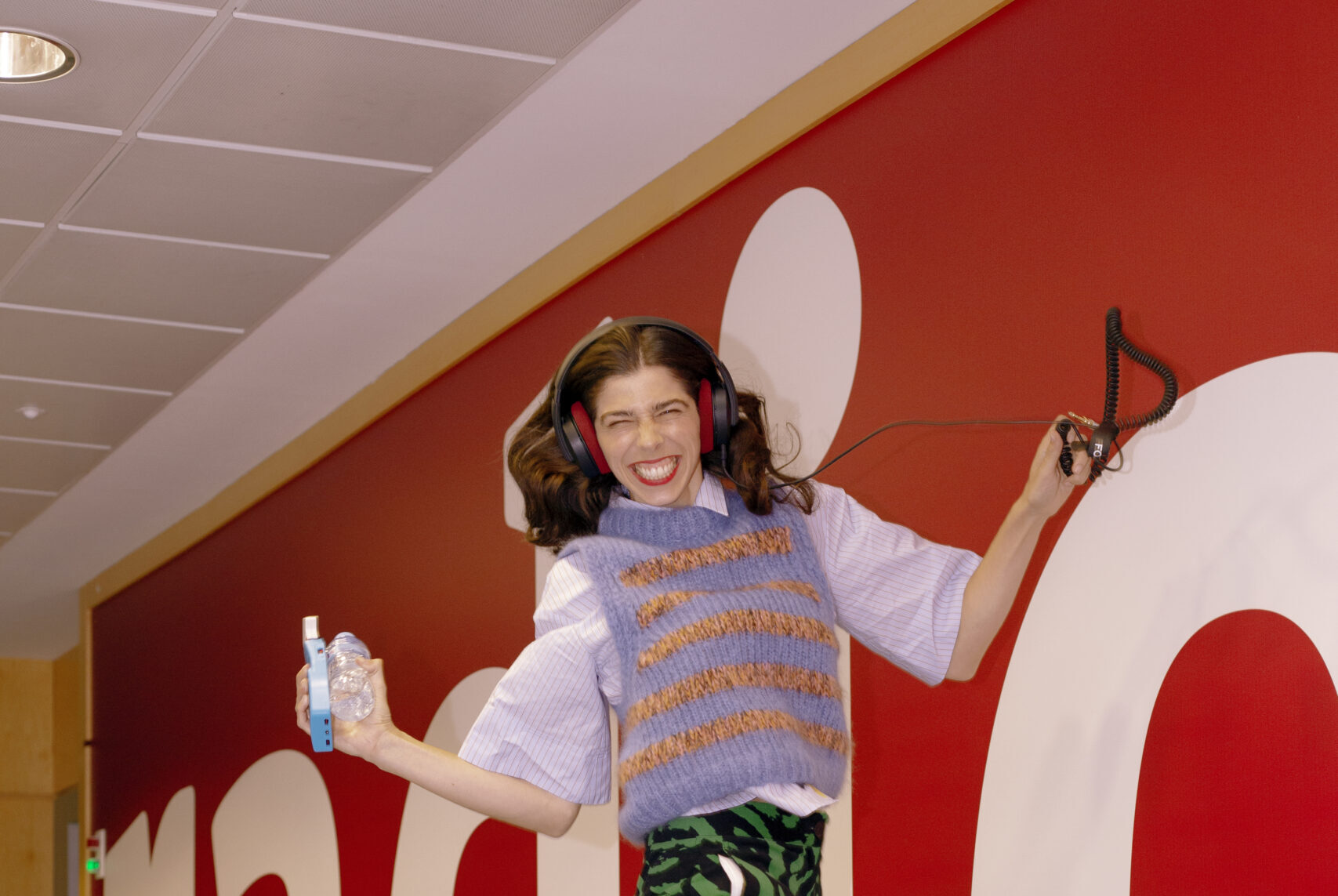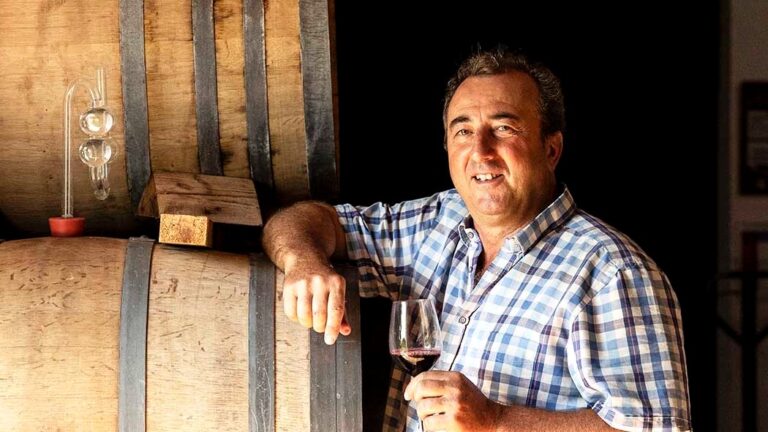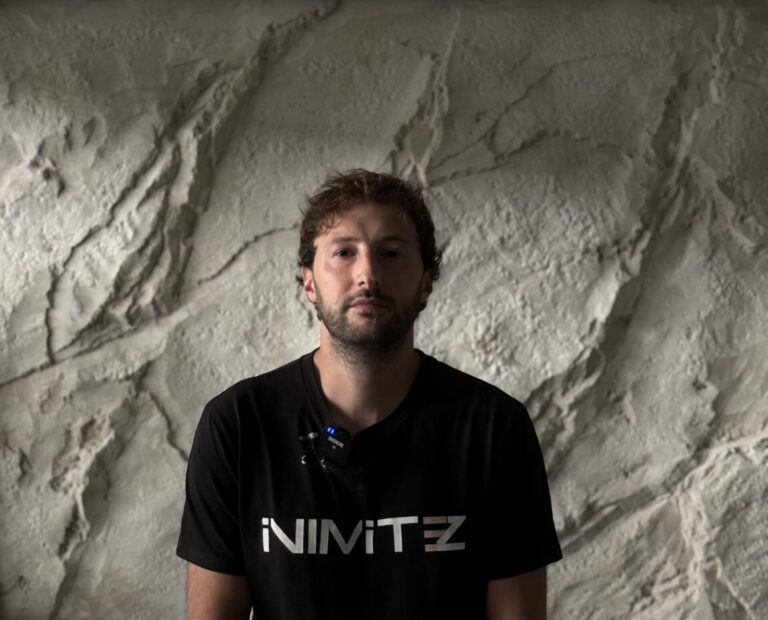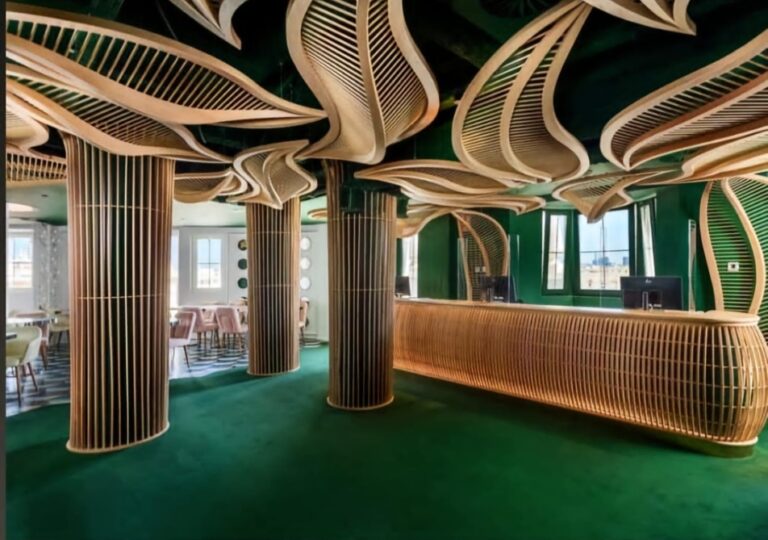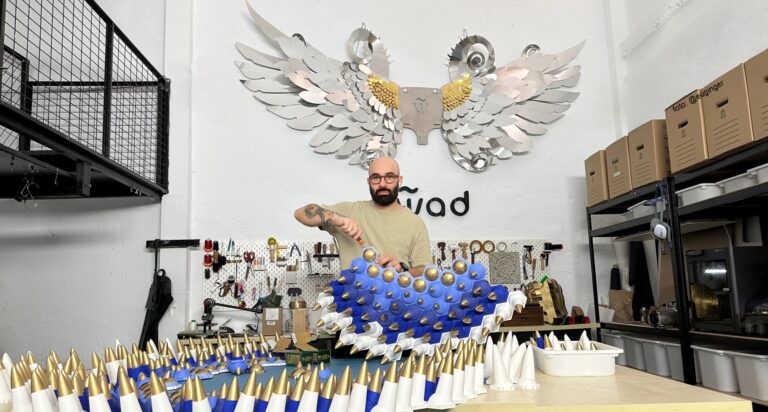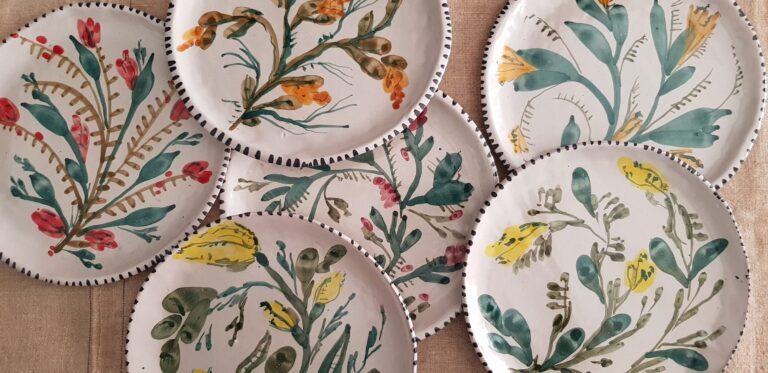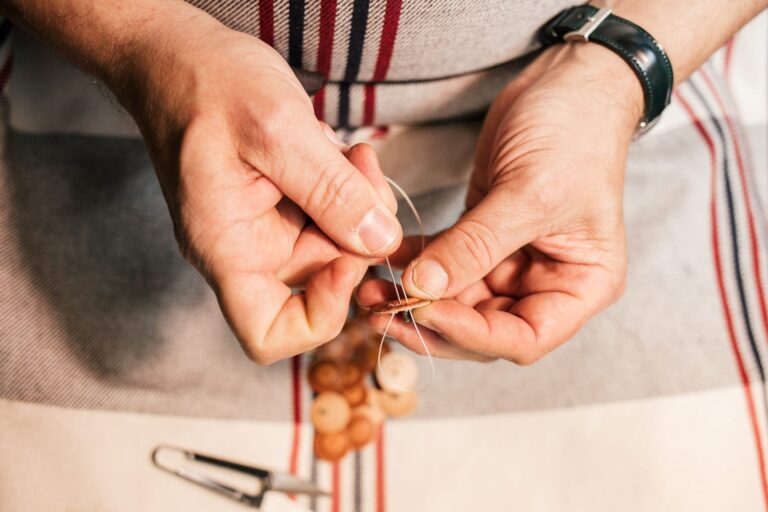Julia de Castro
The saying goes that some people are incapable of doing two things at once, or at least not with positive results… But in this artist's case, no proverb is worth it. Multidisciplinarity is her motto. Character is her tool. Passion is her vehicle. Impact is her goal.
One day, she said "See you later" to the Ávila wall and set off to fulfill her purpose. Now she has a degree in art history, a singer, a violinist, a film and TV actress, a radio contributor, a researcher and filmmaker behind the camera, a performer in any project that appeals to her… in short, a "total creative" of the stage, who, in addition to playing many styles, does so with meaning, with thoughtful craftsmanship, with work and care.
Today, without a script or a schedule, Julia de Castro, who always smiles, makes space for us in her calendar and tells us about her busy life and profession:
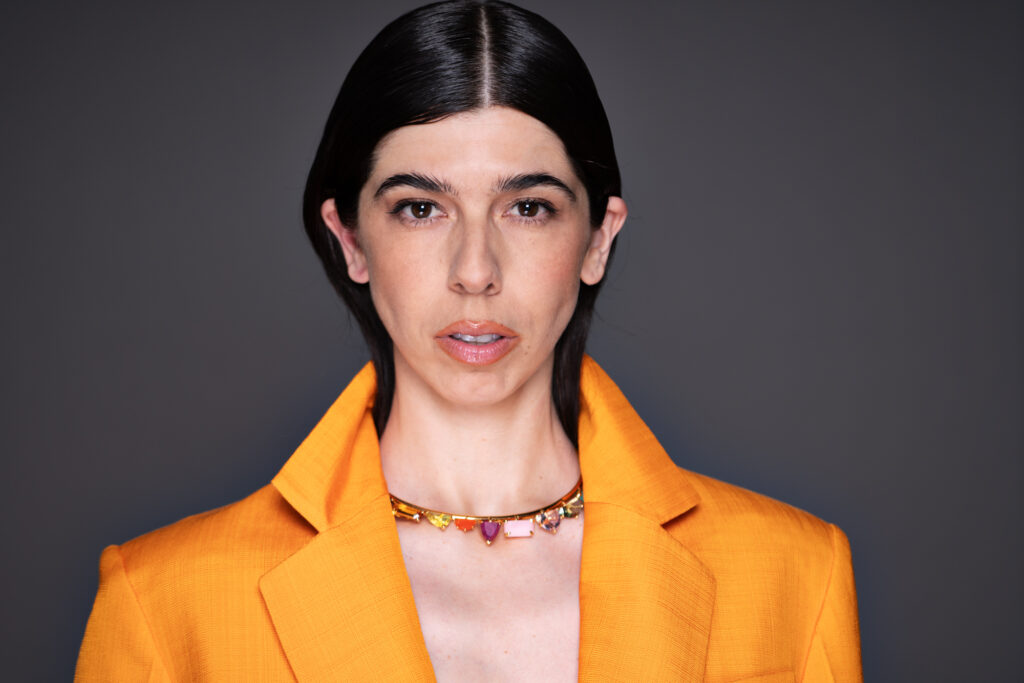
Hi Julia, have you had any mentors who have significantly influenced your career?
I've had many mentors. My interests and my practices have evolved, and those mentors have changed. Carlota Ferrer was very important. I first attended her theater practice and then expressed my desire to work with her, which finally materialized in a play titled This Is Not the House of Bernarda Alba. I learned a lot there, not only on stage but also about myself, and she took me to places I was unaware of.
On a visual level, the German artist Anne Imhof is a kind of mentor to me without realizing it, and I follow her work very often. Musically, Enrique Jimeno, a colleague at RESAD, and Jonathan Sánchez, who was the creative director of many of the pieces I created with De la Puríssima.
What is your favorite dish or type of food?
Lentils. Legumes are something I love because, since I don't cook them, I appreciate them when I can eat them. If I go out to a restaurant and there are lentils, no matter what the house special is, I'll always order lentils. I really like Mediterranean food, but if I had to choose something more exotic, I'd say Mexican food. I love the flavor and the variety of spices.
Do you have any specific hobbies outside of work?
I read and go to the movies a lot, and I try to exercise, including Bikram Yoga and CrossFit.
'On The Go,' 'Poquita Fe,' Seminci, Feroz, Locarno, Bellaria... recently, nominations, awards, and accolades have poured in. How do you feel about them, and what do they bring you?
Well, they basically provide recognition that allows you to continue performing. Recognition is a way to generate attention for our work, which builds our confidence. Also, attending the nomination ceremonies allows me to meet new people, creators, and new national and international works that would otherwise be difficult.
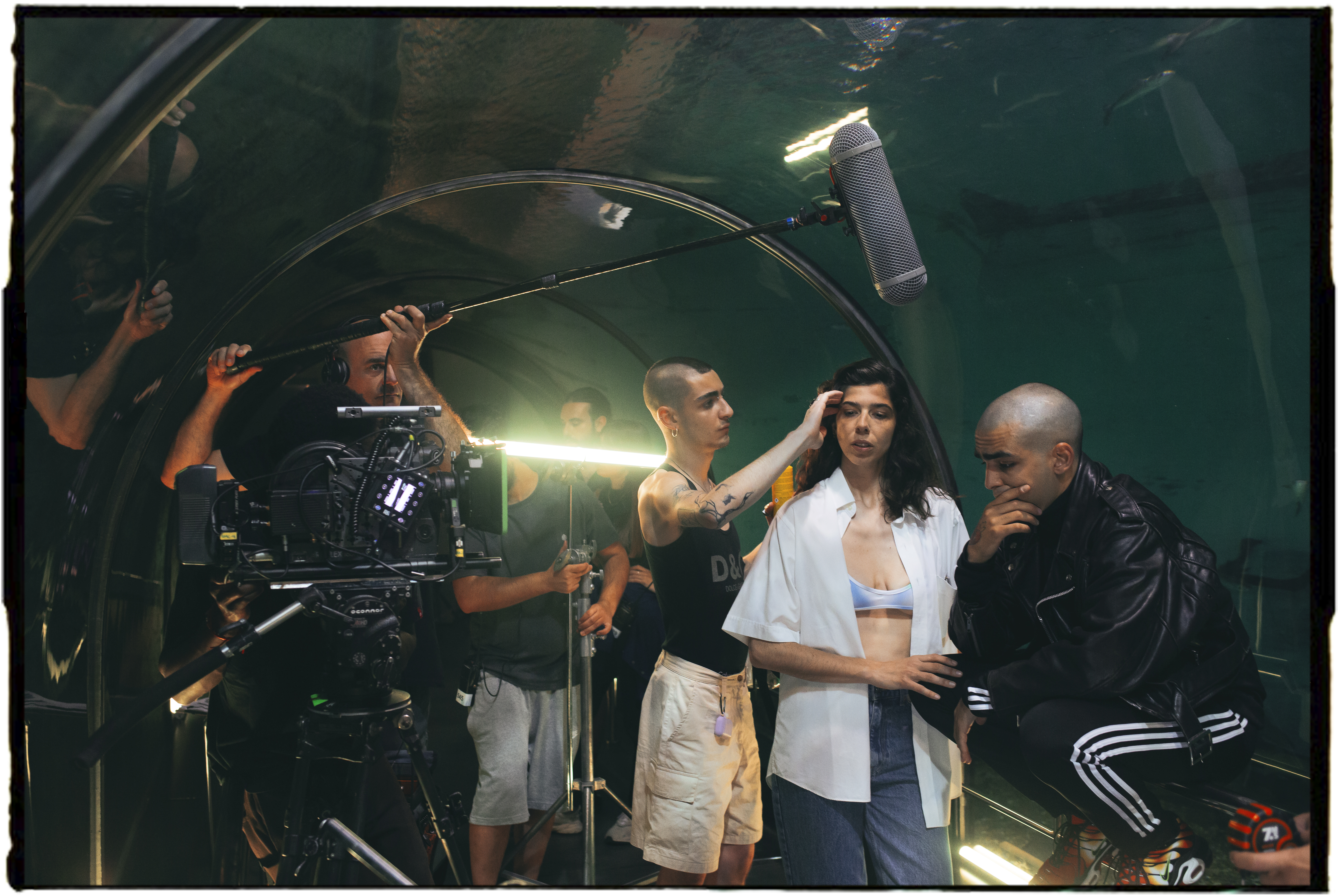
Your profession, whether music or acting, is very much about technique and hard work. Can we apply the word "craft"— as glù understands it — to any of your creative processes?
It's a very special word for me, because the artisanal trade is learned from the ground up, and I think that's something I've done myself. We consider the film On the Go to be artisanal because we made it from a blank page to international distribution. We've gone through all the processes, and that allows you to have a very different perspective on the craft than when someone produces you or pays for your development, or if you only limit yourself to doing one part of the long chain that is filmmaking.
Is it difficult to be a prophet in your own land?
Well, yes, it's always harder to be seen differently than others. The Avila personality is distrustful or skeptical, and that has given me tenacity in my work because I took that distrust as a starting point. I've always assumed that what I do would be understood in my city, so after twenty years, seeing how it's gradually catching on is a dream come true.
In general, how do you see the future of the Spanish scene in the next fifteen years?
I have no idea. I feel there are many lines, and obviously, artificial intelligence is going to play a key role, not only in the Spanish scene but in everything around us. I think we're facing a very important paradigm shift that no one can predict, but hey, I'm already training. For me, AI is an ally; I'm very excited, and we'll see how it develops…
Tell us about De La Puríssima. What is it, or what was it?
Well, this could be a book in itself. De La Puríssima was a fundamental project in my career, especially because it began during the economic crisis. I was just leaving the Royal School of Dramatic Art in Madrid, and there were no jobs as a theater actress. So I had to sharpen my wits and create a project in which I could express and satisfy all that stage and musical side that I hadn't considered until that moment. I noticed a void in the performing arts, which didn't include the couplet, and for a decade I was able to unleash all my disciplines, from art history to acting, singing, and playing instruments... and it worked. Miguel Rodrigáñez (the other part of De la Puríssima) and I were able to travel with the project from China to the United States. It was an incredible and conclusive project, from which recordings, albums, and videos are accessible... and there remains a legacy that has a lot to do with who I am today.
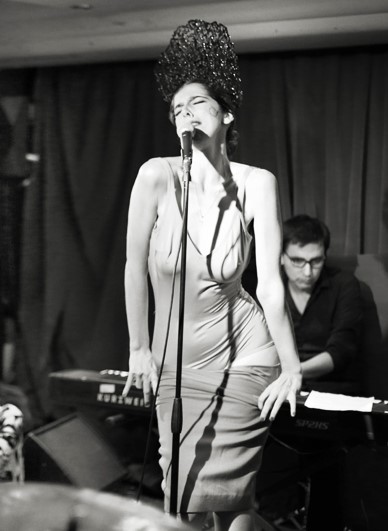
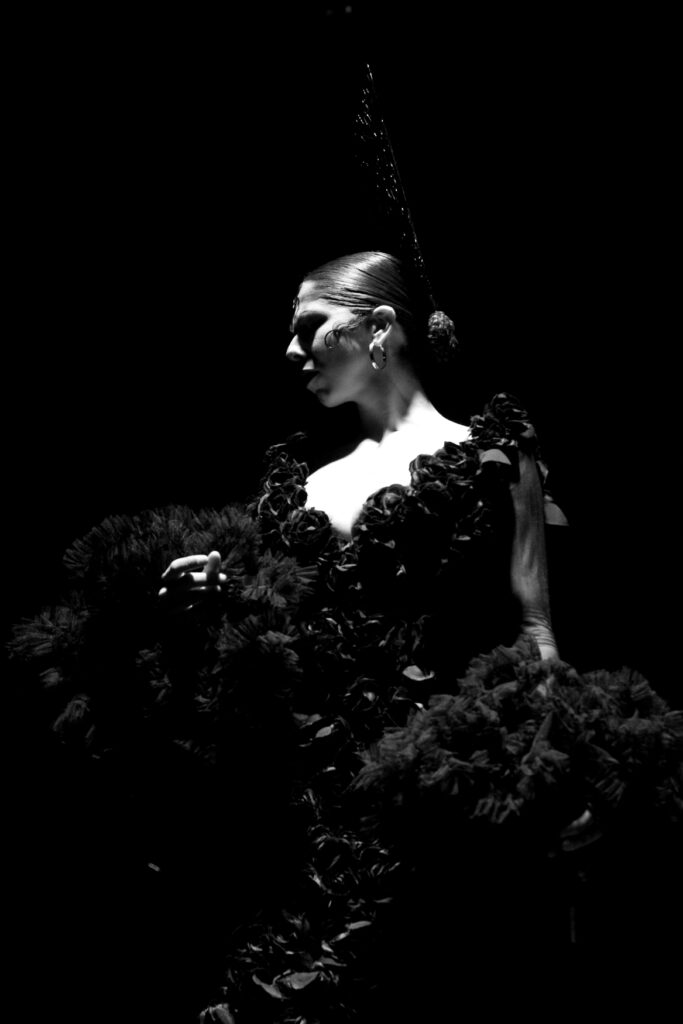
Our previous guest, Inimitez, left this question: To reach the top, you often have to obsess over what you do, even if it's not always the healthiest thing to do. Do you know when a passion becomes an obsession? Where is the limit?
We live in a society where everything is measured in superlatives. What does it mean to be at the top? Doesn't that measure, from its very wording, harm those who aspire to it? I believe in reframing success. I feel that this measure of "the top" is inversely proportional to the enjoyment of a passion. If I worked thinking about that, I would get blocked; I would never have made a film, a song, a book, or an album...
As for obsession and passion, I reiterate that using them as a working formula is dangerous. If that equation leads to the top, I wouldn't want to be on the bottom.
What is the farthest place you've traveled for work, and what did you do there?
To Adelaide, in South Australia. I went not long ago, invited by a film festival, and in one week I met film personalities, dived with great white sharks, saw a lot of movies, and felt what a distant audience felt at the screening of our film.
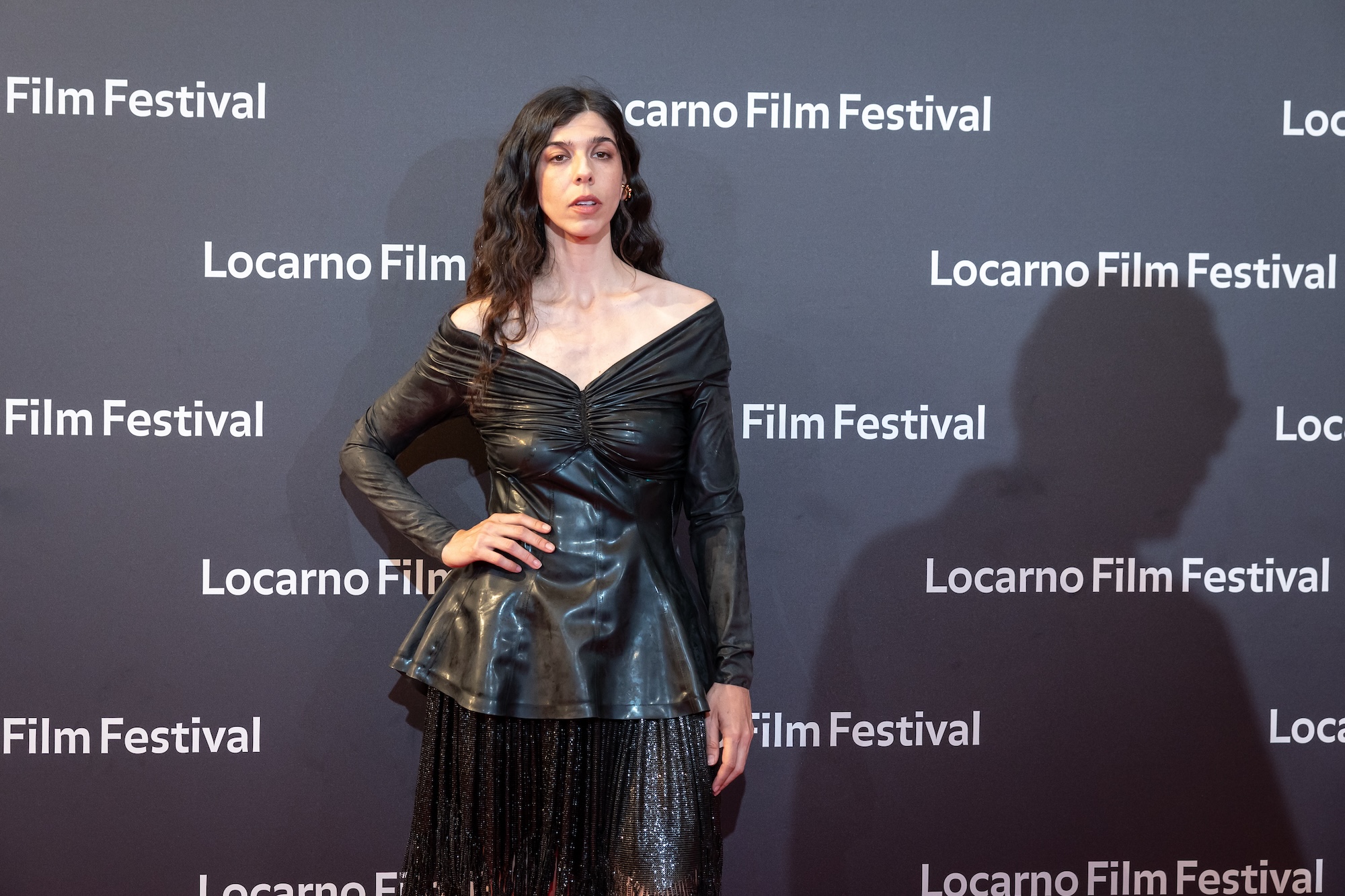
Do you have any dreams yet to fulfill professionally, or have you already achieved them? Tell us about them if you may…
If a dream is to dedicate yourself to acting and making music, yes, I've achieved that dream, and I'm working on it. My future dream is to be able to make a living making films, which is very complicated.
Can you leave us with a "blind" question for the next protagonist?
Yes, what would you change in a Spanish provincial capital like Ávila or similar, to make it easier to access culture?

